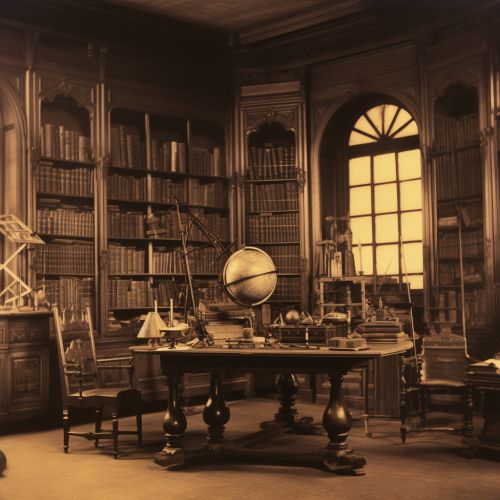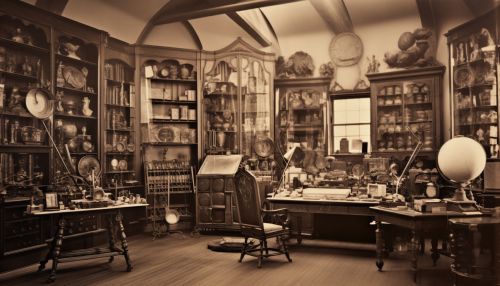Wilhelm Wundt
Early Life and Education
Wilhelm Maximilian Wundt was born on August 16, 1832, in the small town of Neckarau in Baden, Germany. His father, Maximilian Wundt, was a Lutheran minister. Wundt's mother, Marie Frederike, died when he was a child, leaving him to be raised by his father and his aunt.
Wundt began his education at a gymnasium in Heidelberg, where he excelled in classical studies. He later attended the University of Tübingen, where he initially studied theology before switching to medicine. He transferred to the University of Heidelberg in 1852, where he completed his medical degree in 1856.


Career and Contributions to Psychology
After completing his medical degree, Wundt worked as an assistant to the physiologist and anatomist Hermann von Helmholtz at the University of Heidelberg. It was during this time that Wundt developed an interest in the study of the human mind and behavior.
In 1874, Wundt took a position at the University of Zurich, where he began his experimental work in psychology. In 1875, he moved to the University of Leipzig, where he established the world's first experimental psychology laboratory. This marked the beginning of psychology as a separate and distinct field of study.
Wundt's work at Leipzig led to the development of structuralism, a school of thought that sought to understand the structure of the mind by analyzing its components. Wundt believed that the mind could be studied scientifically by breaking down mental processes into their basic elements. He used introspection as a method to explore the structure of the mind, a technique that involved careful self-observation and reporting of one's own conscious thoughts and feelings.
Wundt also made significant contributions to the field of psychophysics, the study of the relationship between physical stimuli and the sensations and perceptions they produce. He developed the concept of the just noticeable difference, which is the smallest difference in stimulus intensity that a specific sense organ can detect.
In addition to his work in experimental psychology, Wundt was a prolific writer. He authored more than 500 books and articles during his career, including "Grundzüge der physiologischen Psychologie" (Principles of Physiological Psychology), which is considered one of the most important texts in the history of psychology.
Later Life and Legacy
Wundt retired from the University of Leipzig in 1917. He continued to write and publish until his death on August 31, 1920, in Grossbothen, Germany.
Wundt's legacy in psychology is significant. His establishment of the first experimental psychology laboratory marked the beginning of psychology as a separate and distinct field of study. His work in structuralism and psychophysics laid the groundwork for many of the theories and methods used in modern psychology.
